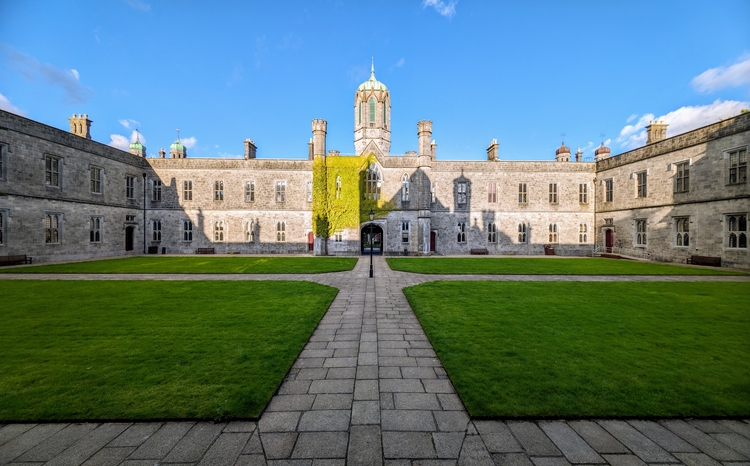NHS Tayside launches video GP trial
- 4 April 2008
NHS Tayside patients are the first to be able to use an out-of-hours GP video link to communicate with nurses or emergency practitioners for help with minor illnesses or injuries.
Patients currently attending the out-of-hours service in a minor illness and injury unit in Perth & Kinross will be seen by a nurse or emergency nurse practitioner.
Often a specialist opinion is required meaning the GP or patient must travel to Dundee or Perth for a face-to-face consultation. However, a new video booth in the minor injury and illness unit in Blairgowrie Community Hospital and the Wallacetown Hub in Dundee means that the patient can be diagnosed over a webcam, eliminating the need for GP or patient trips.
General Manager for Perth & Kinross Community Health Partnership Bill Nicoll told EHI Primary Care: “This initiative, as stated in ‘Better Health Better Care’, puts the needs of patients at the centre of our health service by providing locally-delivered services, linked by new technologies, to specialist centres.
Nicoll added: “The service should reduce unnecessary transfers of patients to other healthcare facilities by accessing remote medical advice to support nurses and patients during the out-of-hours periods. It will also reduce the amount of time the patient has to wait and their cost of travel including ambulances and taxis to and from other healthcare facilities.”
The new system runs on the same Cisco HealthPresence booth technology being piloted in Aberdeen, which enables patients to remotely consult with a doctor, particularly useful should they live in a remote area, without close proximity to an A+E department.
Sitting in front of a screen with a webcam, patients are able to have a remote consultation with a doctor using the video-teleconferencing technology.
Patients can also use a range of remote medical monitoring devices, including blood pressure cuffs, glucose monitors, audioscopes and stethoscopes, which upload data directly into an electronic medical record. The patients using the booths are assisted by qualified first aid professionals to help them correctly use the devices.
Signs will be posted in the practice to tell patients what can be assessed in the booth, such as assessing the seriousness of rashes or other visual issues that normally require a visit to a GP.
An attendant will be present to operate the video and audio technology for the patient.
The project will run for three months. If it proves successful, the trial, which is funded by the Scottish Centre for Telehealth, will be rolled out to Crieff and then Pitlochry.
Staff and patients will be surveyed on their opinion of the system with extra training and support offered to NHS employees.
A similar service providing a real-time video link between Perth Royal Infirmary Midwifery Unit and Ninewells Hospital Labour Ward is also planned for the near future.
It is hoped that this will reduce the number of trips pregnant women have to make to Ninewells for assessment, as well as providing quicker access to specialist medical opinion.
Links
Scottish Centre for Telehealth




